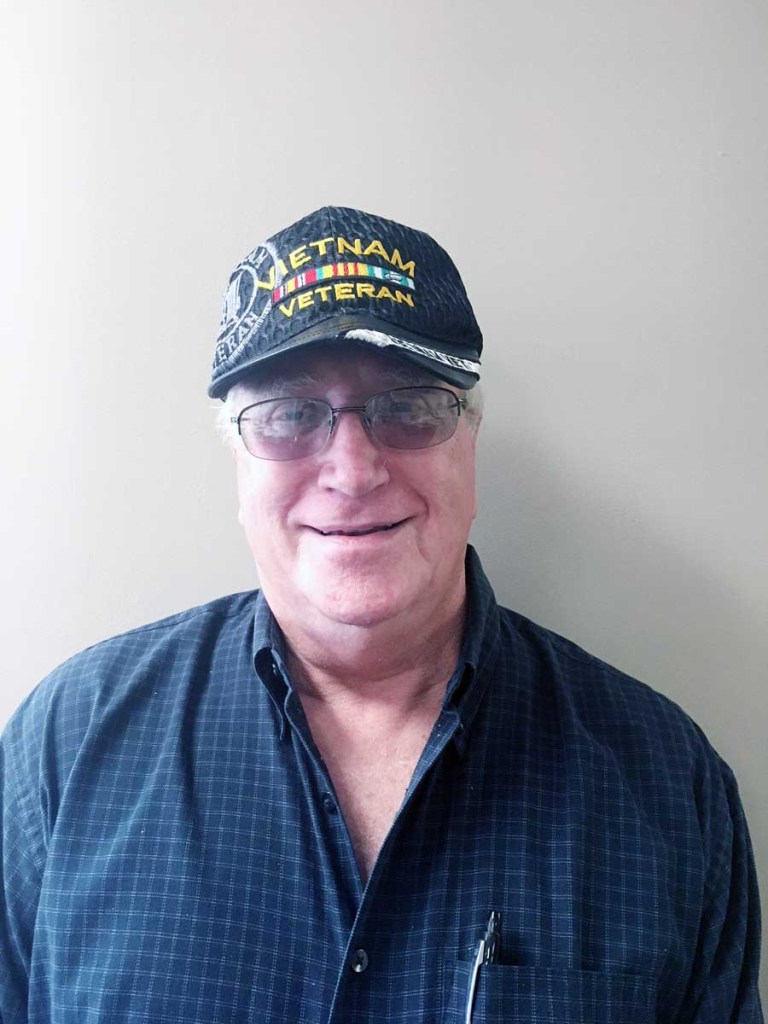VETERAN VOICE: Battling PTSD, other depressive diseases
Published 3:23 pm Friday, January 17, 2020

- Joe Stahlkuppe
While there are many very positive experiences in and around being a veteran, not everything is good or even neutral. It has been estimated that 30-40 veterans each day take their own lives. We often see veterans caught up in depressive diseases, like depression or PTSD (Post Traumatic Stress Disorder), but surely some of these suicides stem from other issues; addiction, family problems, ongoing health matters and so forth.
Regardless of what makes a veteran take this horrendous step, we must try to find ways to stop this terrible reality. The U.S. Department of Veteran Affairs has put together a very helpful list of ways to recognize suicide risks (in yourself or someone else):
1. Thinking about (including talking about) hurting or killing yourself;
2. Looking for ways to kill yourself;
3. Talking about death, dying or suicide;
4. Self-destructive behavior such as drug use, risky behaviors, weapons, etc.;
5. Hopelessness, feeling like there is no way out;
6. Anxiety, agitation, sleeplessness, mood swings:
7. Feeling like there is no reason to live;
8. Rage or anger;
9. Engaged in risky activities without thinking;
10. Increased alcohol or drug use;
11. Withdrawing from family and friends.
These are some very tough and yet specific indicators that very negative thought patterns are surfacing in an individual. Pay attention to your friends (veterans or not) and don’t be afraid to seek help. For our veteran brothers and sisters, there is an excellent way to help a Veteran or get a veteran to seek help on their own.
VETERANS CRISIS LINE – 1-800-273-8255 (or 1-800-273-TALK). When this line answers press 1 and a confidential and greatly helpful chat will occur. This is one sure way of getting some help. Of course for a faster course of action, Dial 911 or one of the local police departments. Whatever you do, don’t wait or think thing “will just blow over.”
Veterans should be responsible for themselves, but also for other veterans. Veterans’ families need to read these suicide signs and know how to get help. After a suicide has happened, we all constantly think about what we could have done, should have done and wish we had done. After is too late. Think about how you are feeling, about how some veteran you know seems to be feeling and DO SOMETHING. So what if you are wrong!
I would rather be wrong and have someone angry with me over a false suicide call than be wrong in not calling for help when it is really needed!
One of the purposes our Thursday (9 a.m. – 1 p.m.) Library Veteran Information Tables is to share this type of information with veterans, their friends and families. Other Veterans, like Benny Reeves, Jim Parola, Bill Carter, Ron Becker, Zach Burton, Sam, Ed and me are usually there and will listen and share information.
Our next Thursday Table will be at the Fultondale Public Library (9 a.m. – 1 p.m.) tomorrow and we will have a lot of good veteran information pamphlets and volunteers. Please come by if you can and talk with us. Something you know may be just what some other veteran needs and vice versa.
Another way to get help is through some of the veterans organizations; American Legion, Vietnam Veterans of America, Veterans of Foreign Wars, Disabled American Veterans and others. If you are a veteran, find out about these organizations and join one or more.
As the New Year cruises on, it is my sincere hope that God will bless our country, our military, our veterans and their families, and our first responders (law enforcement, fire fighters, EMTs, clergy, teachers) and most of all may the Good Lord bless YOU!
GIJOE



